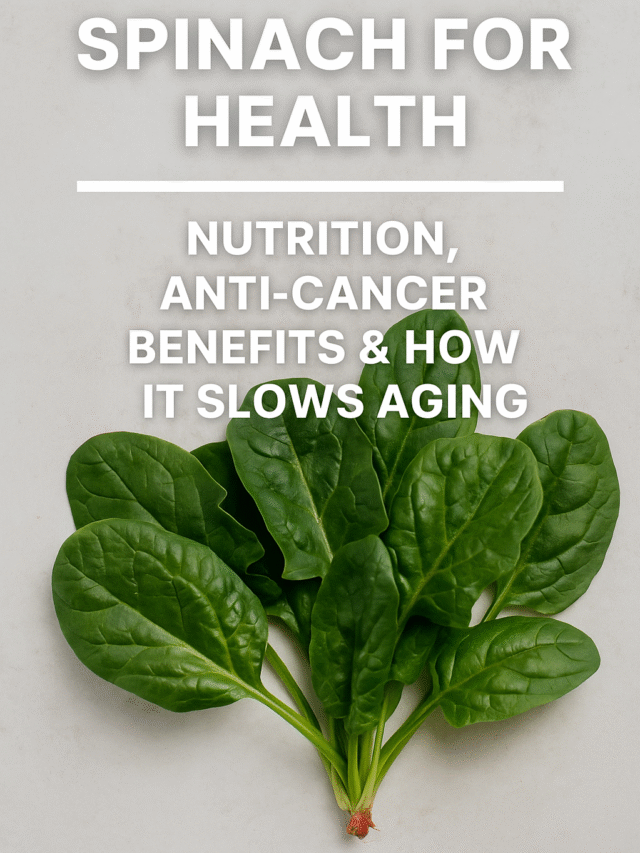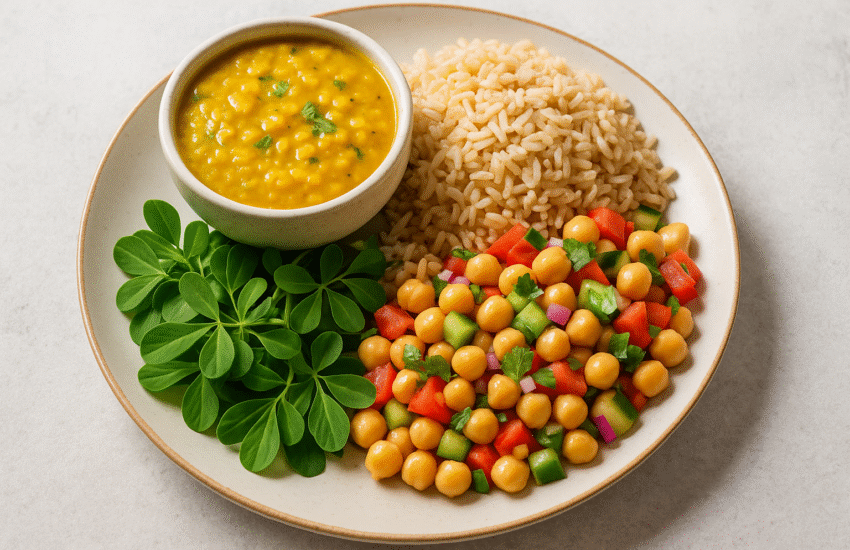Carrot: The Crunchy Superfood With Big Health Benefits

Carrots are more than just a crunchy snack—they’re a powerful superfood packed with nutrients that can boost your overall health. From supporting vision health to promoting glowing skin, carrots are a versatile vegetable that should be a regular part of your diet. But what exactly makes carrots so nutritious? In this post, we’ll explore the many health benefits of carrots, break down their nutritional profile, specifically focusing on carrot nutrition facts, and answer some common questions about this vibrant vegetable.
What Makes Carrots a Superfood?
Carrots are a root vegetable known for their bright orange color and crisp texture. What elevates carrots to superfood status is their incredible nutritional profile—especially their high levels of beta-carotene, fiber, and essential vitamins.
Carrot Nutrition Facts (Per 100g)
Detailed Carrot Nutrition Facts
Understanding carrot nutrition facts can help you incorporate this superfood into your meals effectively.
Let’s start with the basics. Here’s a quick overview of the nutritional content of carrots, based on a 100g serving:
- Calories: 41 kcal
- Carbohydrates: 9.6g
- Fiber: 2.8g
- Protein: 0.9g
- Fat: 0.2g
- Vitamin A (as Beta-Carotene): 835 µg
- Vitamin C: 5.9 mg
- Potassium: 320 mg
- Magnesium: 12 mg
- Folate: 19 µg
As you can see, carrots are low in calories but rich in essential vitamins and minerals, making them a great choice for anyone looking to improve their health through diet.
Top 5 Carrot Health Benefits
1. Vision Support from Carrots
Carrots are most famous for their role in promoting good vision. This is largely due to the high levels of beta-carotene, a type of vitamin A that helps maintain eye health. Beta-carotene acts as an antioxidant, protecting the eyes from damage caused by free radicals. It also supports the production of rhodopsin, a protein in the eyes that helps us see in low-light conditions.
Benefit: Helps prevent vision problems like night blindness and age-related macular degeneration.
2. Skin Benefits of Carrot Beta-Carotene
Carrots are a great source of beta-carotene, which converts to vitamin A in the body. Vitamin A is essential for skin health, as it supports cell turnover and prevents the skin from becoming dry and flaky. Eating carrots regularly can help your skin look fresh and radiant.
Benefit: Fights skin aging, reduces acne, and gives you a healthy glow.
3. Carrots for Immune Boost
Carrots are packed with vitamin C, an essential nutrient for a healthy immune system. Vitamin C helps boost the production of white blood cells, which are key to fighting infections. It also supports collagen production, which is necessary for healthy skin, blood vessels, and bones.
Benefit: Helps fight off colds and infections, keeping your immune system strong.
4. Digestive Support with Carrot Fiber
Carrots are rich in dietary fiber, which promotes healthy digestion and helps prevent constipation. Fiber adds bulk to stool, making it easier to pass, and supports the growth of healthy gut bacteria.
Benefit: Promotes regular bowel movements and supports a healthy digestive system.
5. Carrots and Blood Sugar Management
Carrots have a low glycemic index, which means they don’t cause a rapid spike in blood sugar levels. This makes them a great option for people with diabetes. The fiber in carrots also helps regulate blood sugar levels by slowing the absorption of sugar in the bloodstream.
Benefit: Helps control blood sugar levels and may reduce the risk of type 2 diabetes.
How to Add More Carrots to Your Diet
Here are some simple and tasty ways to incorporate more carrots into your meals:
Raw Carrot Ideas
- Snack on carrot sticks with hummus
- Add shredded carrots to salads or wraps
Cooked Carrot Recipes
- Roast carrots with olive oil and herbs
- Add diced carrots to soups and stews
Juicing with Carrots
- Combine carrots with ginger and apple for a refreshing juice
- Mix carrots into smoothies for a nutrient boost
Who Should and Shouldn’t Eat Carrots?
Who Should Eat Carrots:
- Everyone! Carrots are beneficial for children, adults, and the elderly.
- People looking to improve their skin and vision.
- Diabetics, due to carrots’ low glycemic index.
Who Should Limit Carrot Intake:
- People with allergies to carrots.
- Individuals with kidney problems due to potassium content.
- Anyone consuming excessive amounts (may cause harmless carotenemia).
Carrot FAQ
How many carrots should I eat daily for the best results?
One medium carrot a day is enough to enjoy health benefits. You can safely eat more in moderation.
Can carrots help with weight loss?
Yes, carrots are low in calories and high in fiber, making them ideal for weight loss.
Are carrots good for your eyes?
Absolutely. Carrots are rich in beta-carotene, which helps maintain good vision.
Can carrots improve skin health?
Yes. The vitamin A in carrots supports healthy skin cell turnover and helps prevent acne.
Are carrots safe for diabetics?
Yes, they have a low glycemic index and help regulate blood sugar levels.
Internal and External Resources
Looking to learn more about superfoods? Read our guides on:
For more information on the health benefits of carrots, check out:
Call to Action
🥕 Ready to boost your skin, eyes, and immunity? Add carrots to your meals today—and follow us for more science-backed superfood tips!









One thought on “Carrot: The Crunchy Superfood With Big Health Benefits”